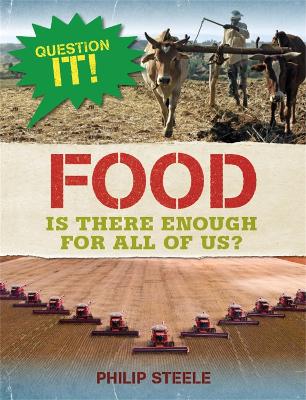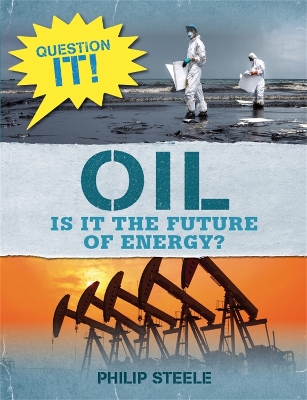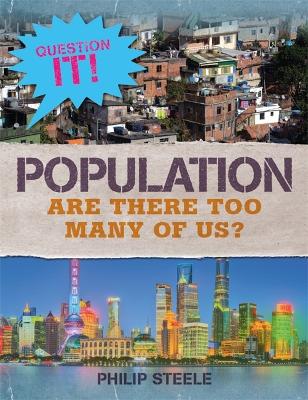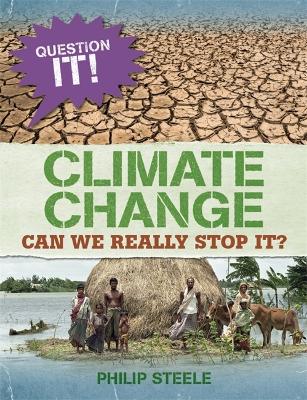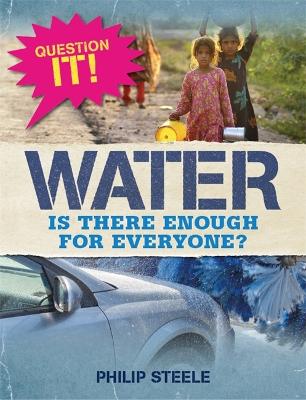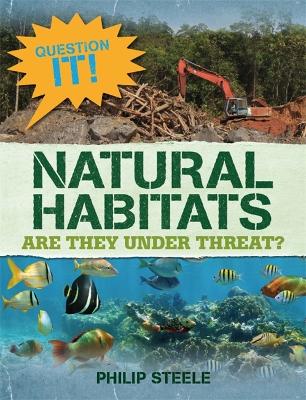Question It!
6 total works
Food is fundamental to life on Earth. The struggle to find or grow food, and often failing, is the story of human history. Today we have more varities of food and production methods than ever before, but there has perhaps never been less connection with the land that produces food, and with farming. And despite all the incredible progress that has been made, today nearly 11 per cent of the world's population is undernourished.
This book is one in the Question It! series for readers upwards of age 10, which explores globally important topics relating to the environment in a balanced and objective way, encouraging readers to adopt a questioning approach to the issues involved. Titles in the 6-book series are: Climate Change, Food, Natural Habitats, Oil, Population and Water.
